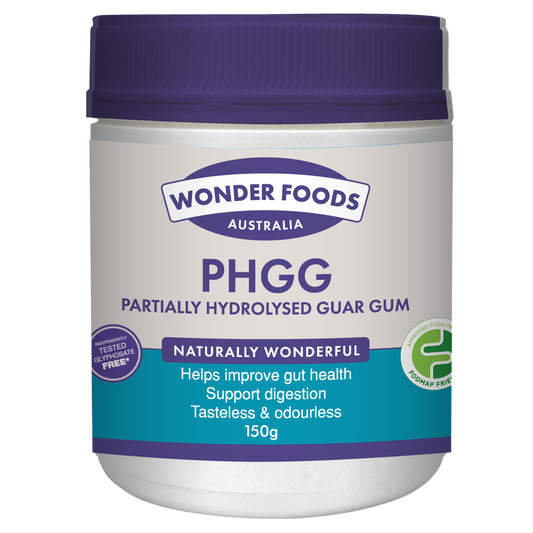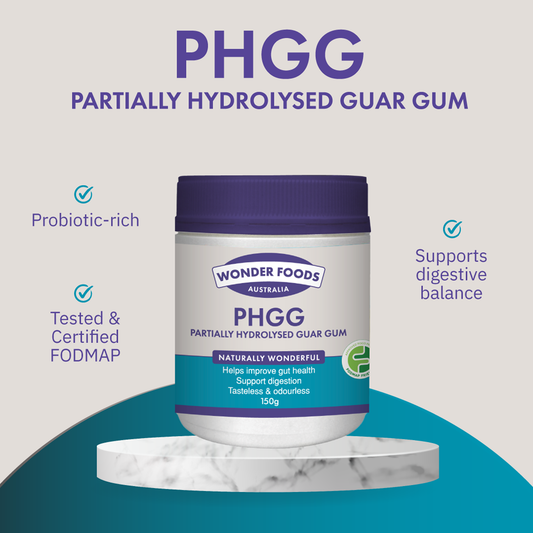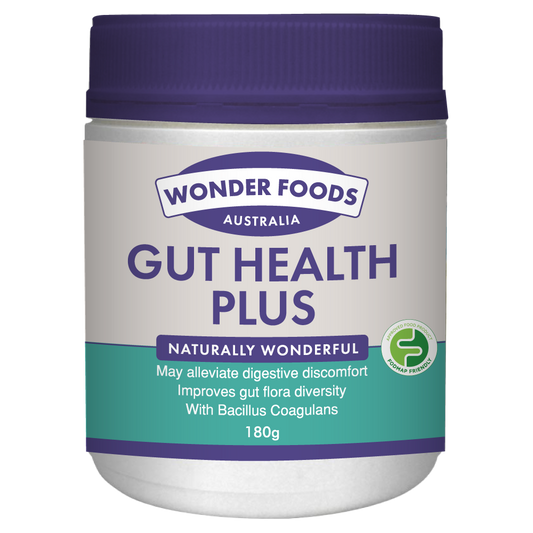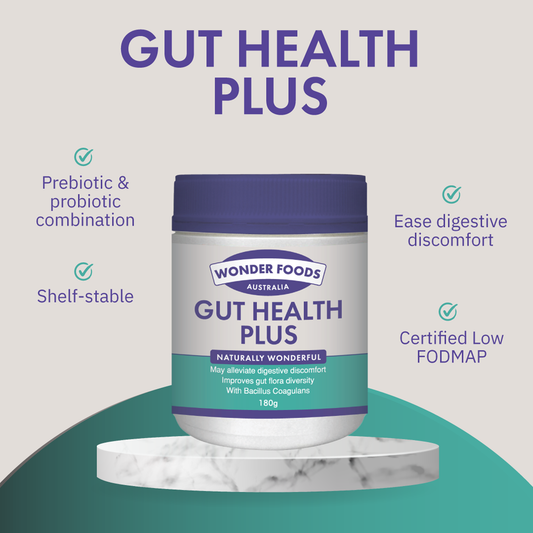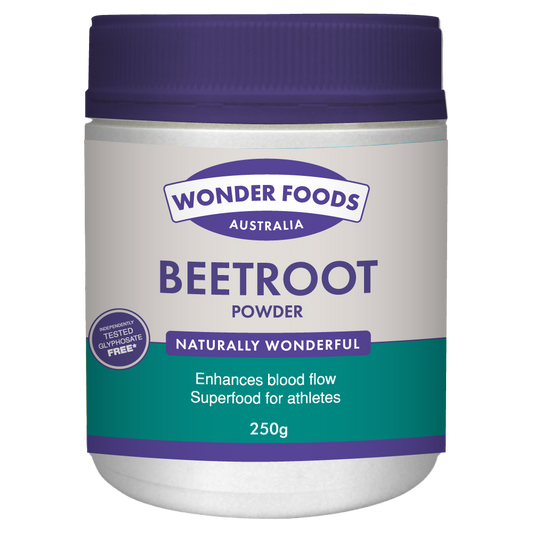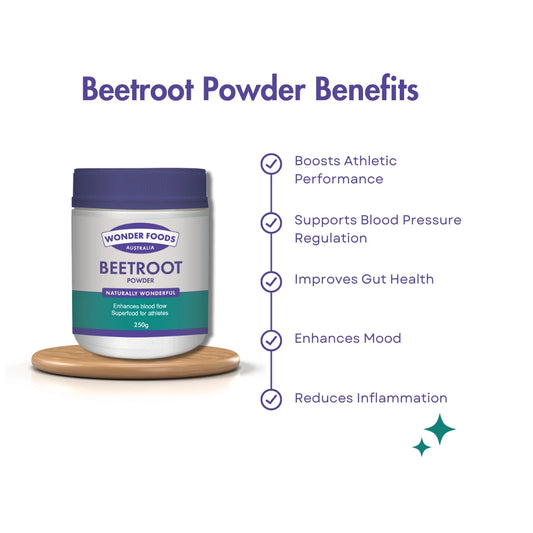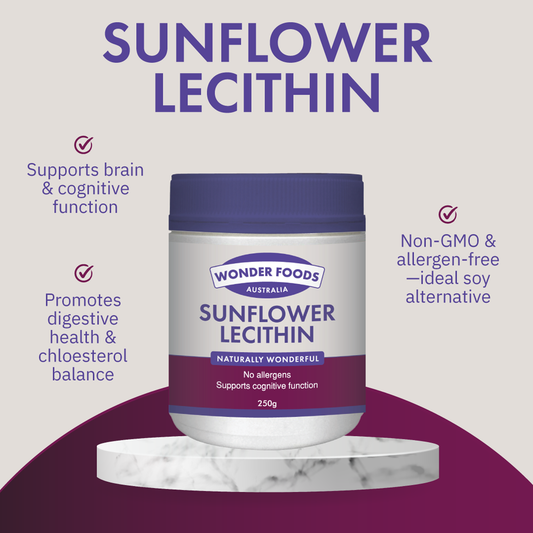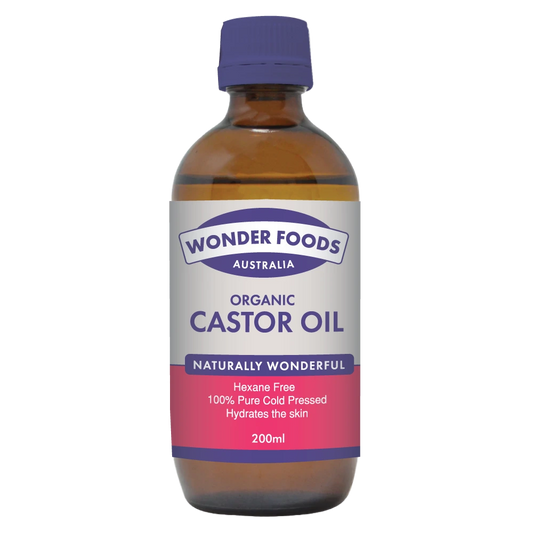
8 Simple Ways to Support a Healthy Gut
Taking care of your gut is more important than you might think.
Your gut health doesn't just affect digestion—it plays a crucial role in your overall well-being, from immunity to mental health.
In fact, some research suggests there might be a link between gut health and ADHD.
The good news? There are several lifestyle changes you can make to improve gut health, and many of them are straightforward.
Here’s a deeper look into eight actionable steps you can take to support a balanced and thriving gut:
Gut Health Tip 1: Avoid Processed Foods
We hear it all the time—avoid processed foods.
But why is it so important for your gut?
Processed foods are typically loaded with added sugars, unhealthy fats, and artificial additives.
These ingredients can wreak havoc on the delicate balance of bacteria living in your gut, leading to inflammation and digestive issues.
Added sugars, for instance, can feed harmful bacteria and yeast in your gut, disrupting the natural balance of your microbiome.
Unhealthy fats and artificial additives can do the same, encouraging inflammation that may lead to chronic digestive disorders.
It’s not just about weight management—gut health depends on consuming whole, nutrient-dense foods.
TLDR: Opt for whole, unprocessed foods as much as possible.
Incorporate vegetables, fruits and unprocessed meats into your meals to nourish your gut with the nutrients it needs.
Gut Health Tip 2: Limit Alcohol
Alcohol is another major disruptor of gut health.
While enjoying the occasional drink may feel harmless, alcohol has the potential to destroy the balance of your gut microbiota.
Excessive alcohol consumption can lead to digestive issues, promote inflammation, and impair your gut’s ability to function properly.
Regular alcohol intake disrupts the integrity of the gut lining, leading to something called “leaky gut,” where toxins and undigested food particles escape into the bloodstream.
This can cause systemic inflammation, putting your overall health at risk.
TLDR: While avoiding alcohol entirely is the best option for gut health, if you do drink, aim to limit your intake.
Try cutting back to just a couple of drinks a week to reduce the negative impact on your digestive system.
Gut Health Tip 3: Stay Hydrated
Hydration is often overlooked but is absolutely essential for a healthy gut.
Water plays a key role in digestion, from breaking down food to absorbing nutrients, and flushing out toxins and waste.
Without enough water, your digestive system struggles to function efficiently, which can lead to constipation and bloating.
When you're dehydrated, the digestive process slows down, making it harder for your body to move waste through your intestines.
Staying properly hydrated keeps things moving smoothly and helps maintain a healthy gut microbiota.
TLDR: Make it a habit to drink water throughout the day.
Carry a reusable water bottle and aim for at about eight glasses of water daily, though individual needs may vary depending on your activity level.
Gut Health Tip 4: Manage Stress Levels
Stress is a silent enemy when it comes to gut health.
When your body is stressed, it activates the “fight-or-flight” response, diverting resources away from digestion.
This means that if you're constantly stressed, your body isn’t able to efficiently digest food, which can lead to digestive issues such as bloating, gas, and constipation.
Your body needs to be in a “rest-and-digest” state to process food properly.
When you manage stress, your gut has the opportunity to work optimally, supporting digestion and overall gut health.
TLDR: Incorporate stress-reducing activities into your daily routine.
Practices like meditation, an Epsom Salt bath, and hard exercise are all excellent ways to lower stress and support gut health.
Gut Health Tip 5: Prioritise Sleep
Sleep is crucial for your overall well-being, but did you know it also plays a vital role in gut health?
Lack of sleep can impair your digestive system and disrupt the balance of gut bacteria.
Quality sleep is essential for regulating hormones, supporting the immune system, and aiding in digestion.
When you don’t get enough sleep, your body doesn’t have time to repair and restore itself, which can lead to digestive discomfort and imbalance in your gut microbiota.
Inconsistent sleep patterns can also contribute to inflammation, making it harder for your gut to function properly.
TLDR: Aim for 7-8 hours of sleep each night.
Create a consistent sleep schedule, and optimise your sleeping environment by minimising noise, light, and distractions.
Gut Health Tip 6: Stay Active
Exercise is not just good for your muscles and heart—it’s great for your gut too!
Physical activity increases blood flow to the gut, which promotes healthy digestion.
Regular exercise has also been shown to positively influence the composition of your gut microbiota, supporting a diverse and balanced gut environment.
Exercise can help alleviate symptoms of digestive distress, improve bowel regularity, and reduce inflammation.
By staying active, you’re not just benefiting your gut but your overall physical and mental health as well.
TLDR: Aim for at least 150 minutes of moderate-intensity exercise per week.
Incorporate a combination of strength training 2-3 times a week and light cardio, like walking or swimming, for 30 minutes a few times weekly.
Gut Health Tip 7: Limit Sugar Intake
Sugar can be a hidden culprit in digestive issues and poor gut health.
Diets high in refined sugars can disrupt the balance of gut bacteria, leading to an overgrowth of harmful bacteria and yeast. This imbalance can cause inflammation and digestive discomfort.
Excessive sugar consumption has also been linked to obesity and metabolic disorders, both of which are risk factors for gut-related diseases.
By limiting your sugar intake, you're promoting a healthier, more balanced gut microbiota.
TLDR: Instead of refined sugars, try natural alternatives like stevia.
These options don’t have the same negative effects on gut bacteria and can satisfy your sweet tooth without causing digestive disruptions.
Gut Health Tip 8: Feed your Healthy Gut Bacteria
Your gut is home to trillions of bacteria, and keeping them well-fed is essential for maintaining a healthy digestive system.
These beneficial bacteria thrive on a diet rich in prebiotics—fibres that your body can’t digest but that your gut bacteria love.
Prebiotics act as fuel for the good bacteria, helping them grow and maintain a healthy balance in your microbiome.
If there is an imbalance between the 'good' and the 'bad' bacteria it can lead to issues like IBS or SIBO.
Foods like garlic, onions, leeks, asparagus, bananas, and oats are all excellent sources of prebiotics.
You can also supplement with Partially Hydrolysed Guar Gum or Inulin to give your healthy bacteria a boost.
By incorporating these foods into your daily diet, you're not just nourishing your body—you’re feeding the good bacteria that support digestion, immunity, and even mental well-being.
TLDR: Make a habit of including a variety of prebiotic-rich foods in your meals.
This will help ensure that your gut bacteria stay healthy, diverse, and able to protect your body from inflammation and digestive discomfort.
Conclusion
Supporting your gut health is more than just taking probiotics or eating yogurt.
It involves a holistic approach that includes dietary choices, hydration, stress management, and maintaining an active lifestyle.
By avoiding processed foods, limiting alcohol, staying hydrated, managing stress, prioritising sleep, staying active, cutting back on sugar, and feeding your health y bacteria you can take significant steps toward improving your gut health.
And with a healthier gut, you’re likely to see benefits that extend far beyond digestion, from better mental clarity to enhanced immunity.
Remember, gut health is key to overall health, so making small changes to your daily routine can lead to big results.
Start today and feel the difference!

